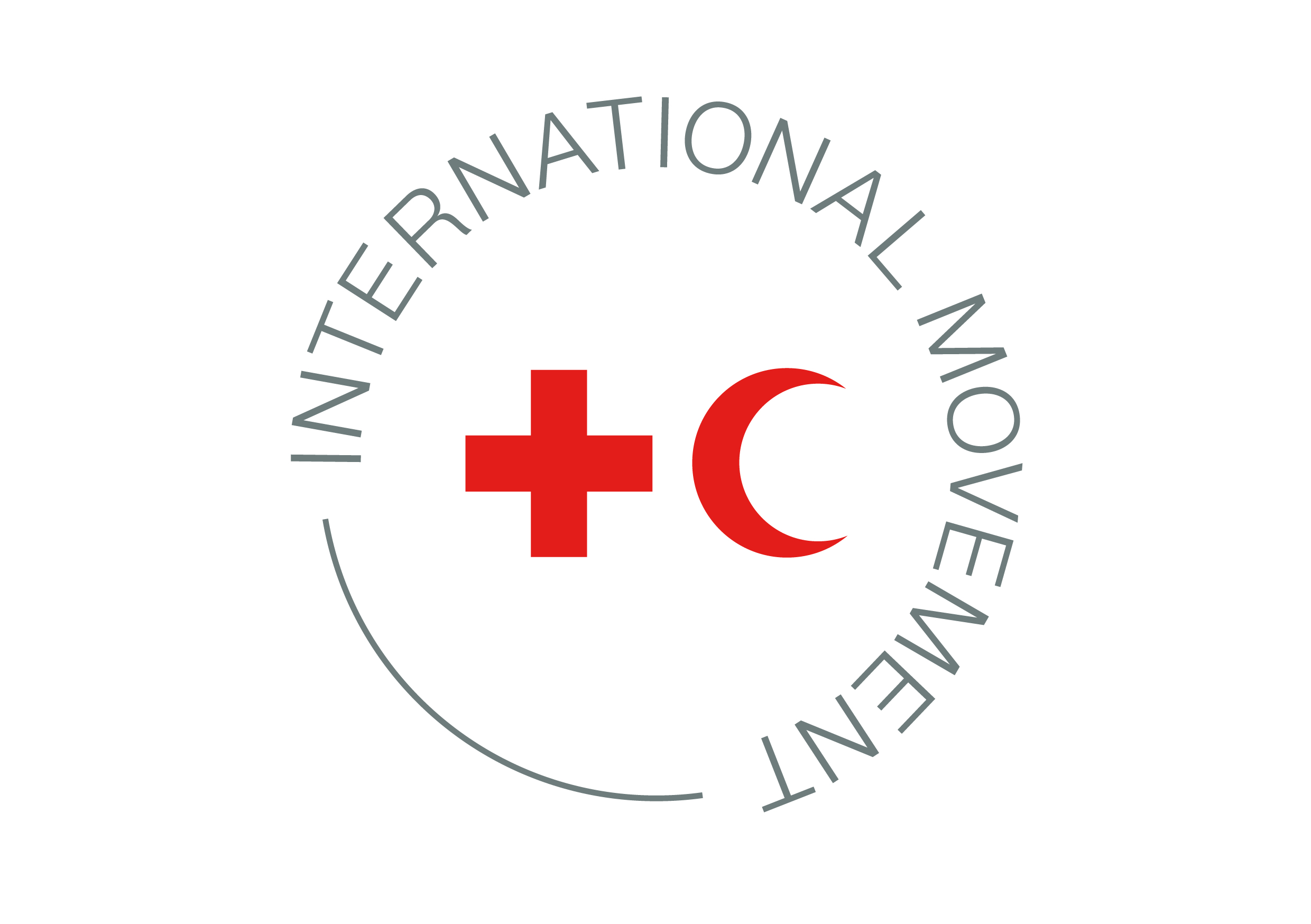Actions taken:
Australian Red Cross commissioned research on achieving more appropriate and fit for purpose humanitarian action reflecting the agreed commitments to strengthening local humanitarian action, particularly in the Pacific. Going Local: Achieving a more appropriate and fit-for-purpose humanitarian ecosystem in the Pacific, undertaken in 2017, has added a regional dimension to the localisation work stream discussions and has provided critical insight into what the localisation of humanitarian action might look like in a Pacific context – including the changes required to make it happen. This work guided Australian Red Cross’s partnership with DFAT, its relationships with Movement partners and other stakeholders, and the approach to its work in the region, namely its approach to strengthening capacity in National Societies.
Building on this research, Australian Red Cross, the Humanitarian Advisory Group and the Humanitarian Policy Group undertook research on protecting people in locally-led disaster response (2019). The research draws on case study examples collected in Vanuatu, Tonga and Solomon Islands to affirm that there are distinct, important and continuing protection roles for local, national and international actors in the Pacific.
Australian Red Cross is committed to building evidence and working collectively to overcome barriers and enhance enablers to action change. Embodying this commitment is its partnership with DFAT and ACFID to advance an action-oriented Localisation Experts Dialogue in Australia, recognising that the shift to empowered local and national actors needs a push from donor-country actors and pull of work by local and national actors.
Australian Red Cross participated in a real time evaluation that looked at the nationally-led and locally managed emergency response to the earthquakes, tsunami and liquefaction that affected Lombok and Sulawesi, Indonesia in late 2018. Drawing on that evaluation, we developed the publication Lessons learned from a locally-led emergency response (2019).
Australian Red Cross and the Department of Foreign Affairs and Trade (DFAT) collaborated on the Pacific Local Supplier Engagement project. This project aimed at improving the capacity of local government, the private sector and humanitarian actors to effectively plan for and deliver goods and services required for disaster response in the Pacific. The initiative focuses on bringing local actors together to: stimulate local markets to better plan for emergencies; establish business continuity systems; and to have improved capacity to support disaster response programs, supported by the development of a new digital platform.
Following Tropical Cyclone Winston in February 2016, Australian Red Cross and DFAT participated in a joint lessons learned meeting which identified the overall strengthen in partnership during the response effort.
Australian Red Cross actively supports the regional gender and diversity network which is focused on taking forward gender and diversity issues contextualised to the Pacific context.
Australian Red Cross also supported the roll-out of the Sexual and Gender Based Violence Resolution in the Pacific including: piloting the SGBV in Emergencies global training module for Pacific Gender and Diversity network members, support to the evidence-based research study on sexual and gender-based violence in emergencies (Samoa) that includes engagement with government, community and civil society; and piloting of community based violence prevention (Vanuatu). A review of the Emergency Response Team training guide used by Australian Red Cross across the Pacific was undertaken to include aspects of gender and inclusion.
Australian Red Cross has commissioned research to gain a nuanced understanding of complementarity of Movement components in the Asia region and in the context of displacement. The case study focuses on the Movement’s response to people affected by violence in Rakhine State and includes both Myanmar and Bangladesh. It will enable a reflection on what localisation means for the various stakeholders in the two contexts, the barriers and enablers, and actionable recommendations for Movement components to ensure National Societies can be supported to deliver sustainable and effective humanitarian action in the longer-term.
Australian Red Cross and DFAT participated in a multi-agency field mission to Bangladesh that assessed progress towards localisation both in the crises in Cox’s Bazaar and other disaster responses in Bangladesh. It was the first of three missions coordinated by the Localization Workstream and culminated in a report (and recommendations): Grand Bargain Localization Workstream (2018) Demonstrator Country Field Mission to Bangladesh.
Australian Red Cross has a dynamic partnership with the IFRC Disaster Law Programme in the Pacific, contributing both financial and human resources to the programme. Over the reporting period this has supported Pacific National Society engagement with their authorities in research, technical advice, advocacy and drafting of disaster-related laws and policies which underpin a more localised disaster risk management system in the following countries: Samoa, Tonga, Marshall Islands, Palau, Kiribati, Vanuatu and Fiji. At the sub regional level, it has also contributed to training for law makers and practitioners on domestic implementation of the regional Framework for Resilient Development in the Pacific as associated 2030 Global Agendas into domestic disaster law and policy through the Legislating for Climate Smart DRM in the Pacific Workshop (2018) as well as contributing to the legislative frameworks technical working group under the Pacific Resilience Partnership.
The newly negotiated Australian Red Cross-DFAT partnership agreement has been developed through mutual approaches and support for more localised humanitarian action.

